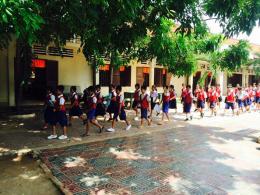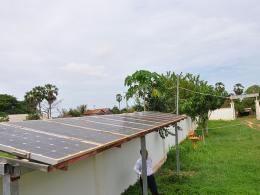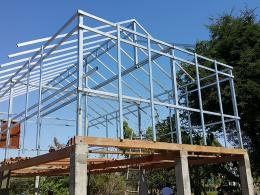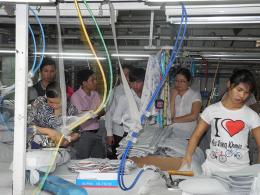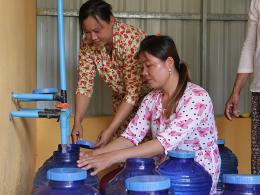Pushing Energy Efficiency in Cambodia
Background
Insufficient supply, high electricity prices and grid insecurity make Cambodia a highly suitable market for energy efficiency (EE) initiatives. The Cambodia Climate Change Strategic Plan (CCCSP) stresses the importance of EE in the residential and real estate sectors. This project aims to tackle the need for concrete measures in EE, as well as the need for awareness and capacity-building in Cambodia, also highlighted as an objective of the CCCSP, with the creation of an Energy Efficiency contest. This project, an adaptation of the French CUBE contest to Cambodia, is highly innovative: it uses gamification to foster behavior change and capacity-building, especially among the youth. The use of such a fun and appealing format to give momentum to climate change mitigation has never been done before in Cambodia. The project is led by ITC, Cambodia’s leading engineering school, in partnership with Sevea, Eurocham, ATS, EnergyLab and IFPEB (who organized the first contest of this kind in France).
Overall Objective
Mitigate climate change effects through tackling the need for concrete measures in EE
Specific Objectives
1. Create a self-sustaining, multi-year contest that will use gamification and capacity building to kick-start EE in Cambodia;
2. Develop awareness and capacity on climate change mitigation and adaptation amongst the youth; and
3. Create a policy advocacy work through the creation of a business association on energy transition in Cambodia.
Approach
ITC will host the contest and also lead engagement of universities, including involvement of 3-5 universities as participants in the contest, involvement of student associations in behaviour change and awareness activities. IFPEB will transfer lessons learnt and knowledge from the CUBE contest in France, including adapting the support kits for participants, lead on the design of the website and energy consumption data collection. Sevea will provide technical support to ITC and support participants as needed, in coordination with ATS who have already run an internal energy efficiency challenge in Cambodia. EnergyLab will support communication activities, and Eurocham will help recruit participants through their networks in the business sector.
Outputs and Key Activities
| Result | Key Activities |
|---|---|
|
|
Knowledge Products
• Policy advisory report • EE campaigns • Social media campaign • Case studies • Educational videos
| Timeframe | Total Budget | Partners | Location |
|---|---|---|---|
|
20 months |
USD 186,912 (From CCCA US$99,884) |
ITC, French Institute for Building Efficiency(IFPEB), Sevea, ATS, Liger, EnergyLab, Eurocham | Phnom Penh |


